Can Work Boots Cause Knee or Back Pain?
A bad pair of work boots can do a lot more damage than just regular foot pain. As with most parts of your body, everything is connected in subtle ways.
If your work boots are too tight or the wrong size, your natural movement is restricted, which puts additional strain on your muscles and ligaments.
Even the subtlest changes in how you move can seriously affect your knees and lower back. If you’re suffering from back or knee pain, don’t just assume it’s age creeping up or that you’re working too hard (though no doubt you are!)—it might be time to take a look at your boots.
Can Work Boots Cause Knee Pain?
Wearing the wrong type of work boot can be a significant factor in causing pain in your knees, as every step you take causes your knee to move at an angle it shouldn’t. You may even subconsciously compensate for the discomfort in your feet, which forces your knee to rotate or twist in directions it shouldn’t, gradually causing even more pain.
If you have flat feet, there might be nothing wrong with your boots—they’re just the wrong boots for your feet. You might need boots with superb arch support, such as the JK Boots Superduty - Honey, to help prevent your foot from rolling as you walk.
Something as simple as additional arch support could rectify your gait, taking the extra pressure off your knees. If you’ve been wearing boots with poor arch support for years, it could be the solution to your problem.
Low-quality boots can sometimes have poor-quality midsoles, a lack of cushioning in the footbed, and all the shock-absorbing qualities of two bricks tied to your feet. Over time, week after week, year after year, that will wear down your body, especially your joints.
What to do If Your Boots Hurt Your Knees
Your knees often take the brunt of every impact, so you must find the most comfortable, supportive work boots you can.
The first step is to make sure your boots are the right size, as tight boots will cause you to alter the way you walk. Even boots that are too loose can cause knee pain, as you’ll put added pressure on your ankle and leg muscles as you compensate for your feet sliding around in your boots.
Arch support is one of the most crucial things to look for in work boots. If your boots aren’t supporting you correctly, you can buy new boots or orthotic insoles that add the necessary arch support. Ankle support from a high boot shaft is also beneficial as it reduces the pressure on your ankles and calf muscles.
Boots manufactured in the Pacific Northwest are often built for wearing in rugged terrain and even harsher weather. They usually have a raised heel, excellent ankle support, and the best arch support you can find. What that means for wearers is a noticeable reduction in knee pain, as these boots help support every part of your foot that could lead to joint problems.
The last thing a wildland firefighter needs to worry about is joint pain from poorly fitting boots, which is why the JK Boots Fire Inlander -Redwood isn’t just one of the toughest fire boots in the world—it’s also one of the most comfortable.
Custom-built to ensure the perfect fit, the Firelander feels broken in almost immediately, so you’ll not affect your movement or gait. The best arch supports a work boot can provide, and you have a work boot that protects your feet and keeps your knees in great shape too.
Can Work Boots Cause Back Pain?
Just like how you walk can affect your knees, any subtle change in how you walk can also have serious consequences for your lower back. Poor posture can cause the muscles in your back to spasm, causing crippling pain that’s hard to work through.
If your work boots aren’t a good fit, your leg muscles have to work overtime to compensate for it, your stride is affected, and one of the critical areas that become overworked is your lower back.
It’s not uncommon to assume your back hurts because you’ve lifted something too heavy or slept awkwardly when, in fact, it could be your work boots playing a major role in causing your back pain.
Your work boots could be causing your back pain for several reasons;
- You’ve bought the wrong size.
- A lack of arch support is affecting your stance.
- Old boots that have lost their cushioning can increase foot fatigue.
- You may be wearing cheap, poor-quality boots.
- Boots with a raised heel, such as logger boots, need excellent arch support to prevent all the pressure from the balls of your feet from heading straight to your lower back.
If your boots don’t feel comfortable, there’s a high chance that your knees will hurt sooner or later. Once your knees ache, your lower back will be next, as your entire lower body tries to compensate for the pain in your feet.
What to Do If Your Boots Hurt Your Back
As with preventing knee pain, back pain can be an easy fix once you’ve identified that it’s your boots causing the problems.
New work boots might feel a little tight until they’re broken in, so one way you can speed up the process to prevent your feet from rubbing is to use leather conditioning oil to soften the leather.
Obenauf’s Leather Oil will reduce your new boots' break-in period and soften and revitalize old leather boots. Conditioning old boots may soften the leather to make them feel more comfortable, which is ideal for preventing back pain.
No amount of conditioning will solve your issues if the boots aren’t the right size, so it’s important to make sure you buy snug boots without being too tight. If you wear your new boots only to find they don’t fit and you can’t return them, take the hit in your wallet, not your lower back.
Without the proper arch support, your arches can collapse, making your feet feel on fire. Every step becomes painful but can be prevented with the appropriate arch support and midsole to protect your feet.
Check that your boot has a steel or thick leather shank to spread the impact of every footfall. You never see the shank in your boots as it sits between the midsole and outsole, but this ingenious strip dissipates impact throughout the sole of your boots, making it invaluable for keeping your feet healthy and comfortable.
Supporting Your Feet Supports Your Entire Body
It doesn’t matter your job description or how expensive your boots are— if they don’t fit properly, you’ll suffer for it. Your feet will suffer, your muscles will suffer, as will your knees, and then on to your lower back.
If there’s one thing to take from this article, it’s that you need boots that fit perfectly and that offer the arch support and comfort to keep you on your feet all day. Treat your work boots as one of the tools you use every day.
For a close fit that provides the arch support and ankle protection you need, there’s no better boot for protecting your joints than the JK Boots Fire Inlander. Handmade with the finest US-sourced materials, the Fire Inlander fits like a glove and protects your arches regardless of the terrain.
FAQs
Can work boots cause sciatica?
Wearing work boots that don’t fit can cause sciatica, as the pain in your feet affects your stance and gait. Tight, loose, or even boots with poor arch support can cause muscle problems in your ankles and legs, which can transfer to your lower back. Trapping the sciatic nerve in your lower back can completely immobilize you, so wearing well-fitting boots with arch support is vital.
Can steel-toe shoes cause leg pain?
As a rule, a steel toe cap in your boots shouldn’t increase the chances of leg pain unless the overall boot doesn’t fit properly. Modern steel-toe boots are almost as light as soft-toe boots, and many have a composite toe, which is even lighter. Some steel-toe boots offer less arch support, and that’s more likely to be the problem than the steel-toe itself.
Are logger boots bad for your knees?
Logger boots are noticeable for their raised heel, which can if the boots don’t offer excellent arch support, cause pain in your knees. A raised heel forces your weight forwards, which can cause muscle strain and lead to your knees taking on more stress. Logger boots with arch support won’t impact your knees as the weight remains well-distributed.



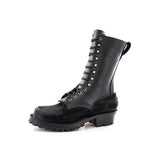
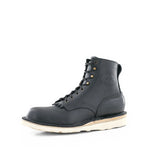
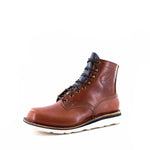
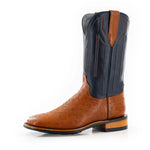
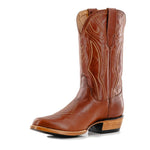
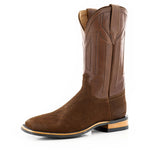
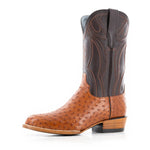


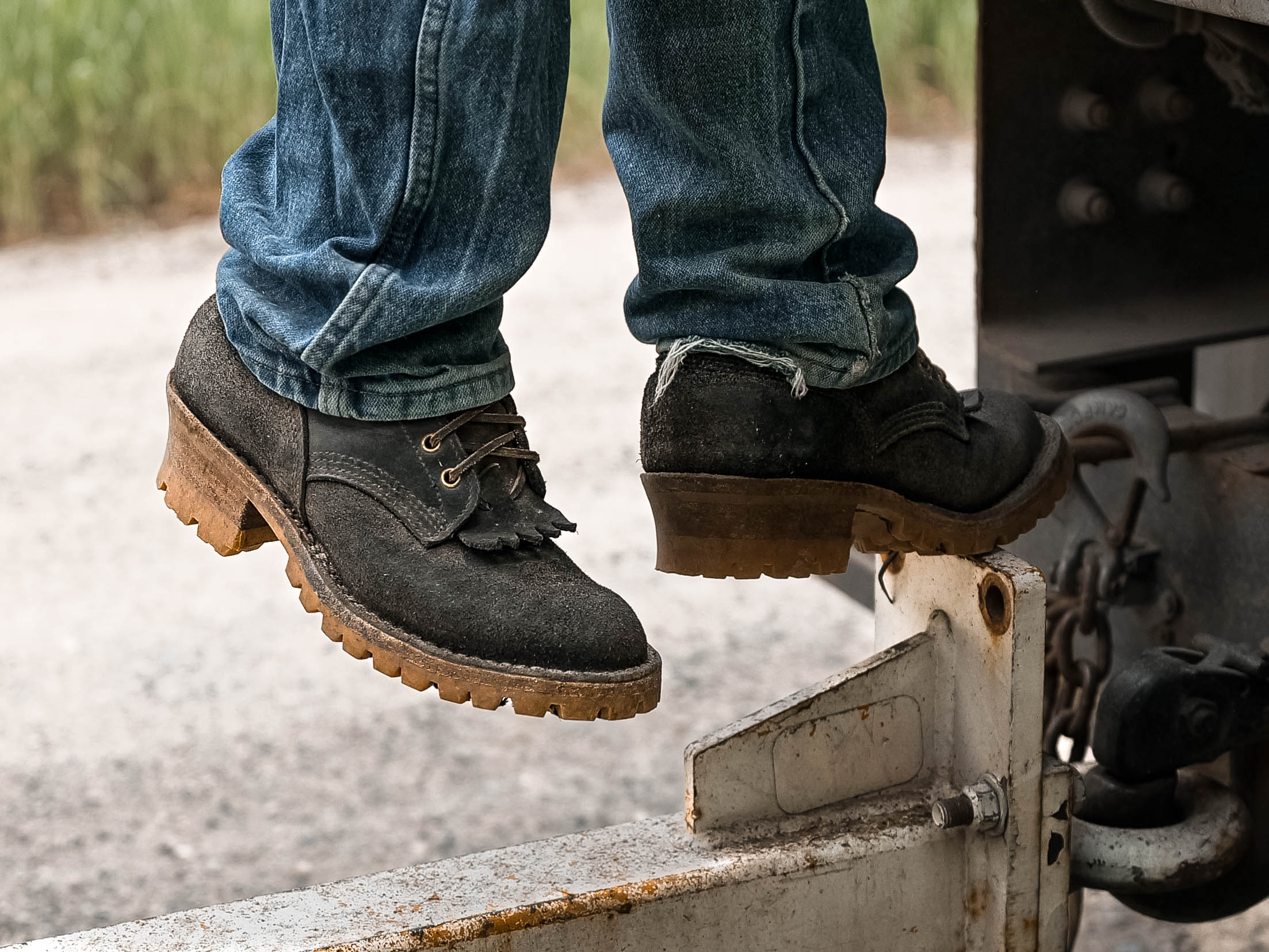
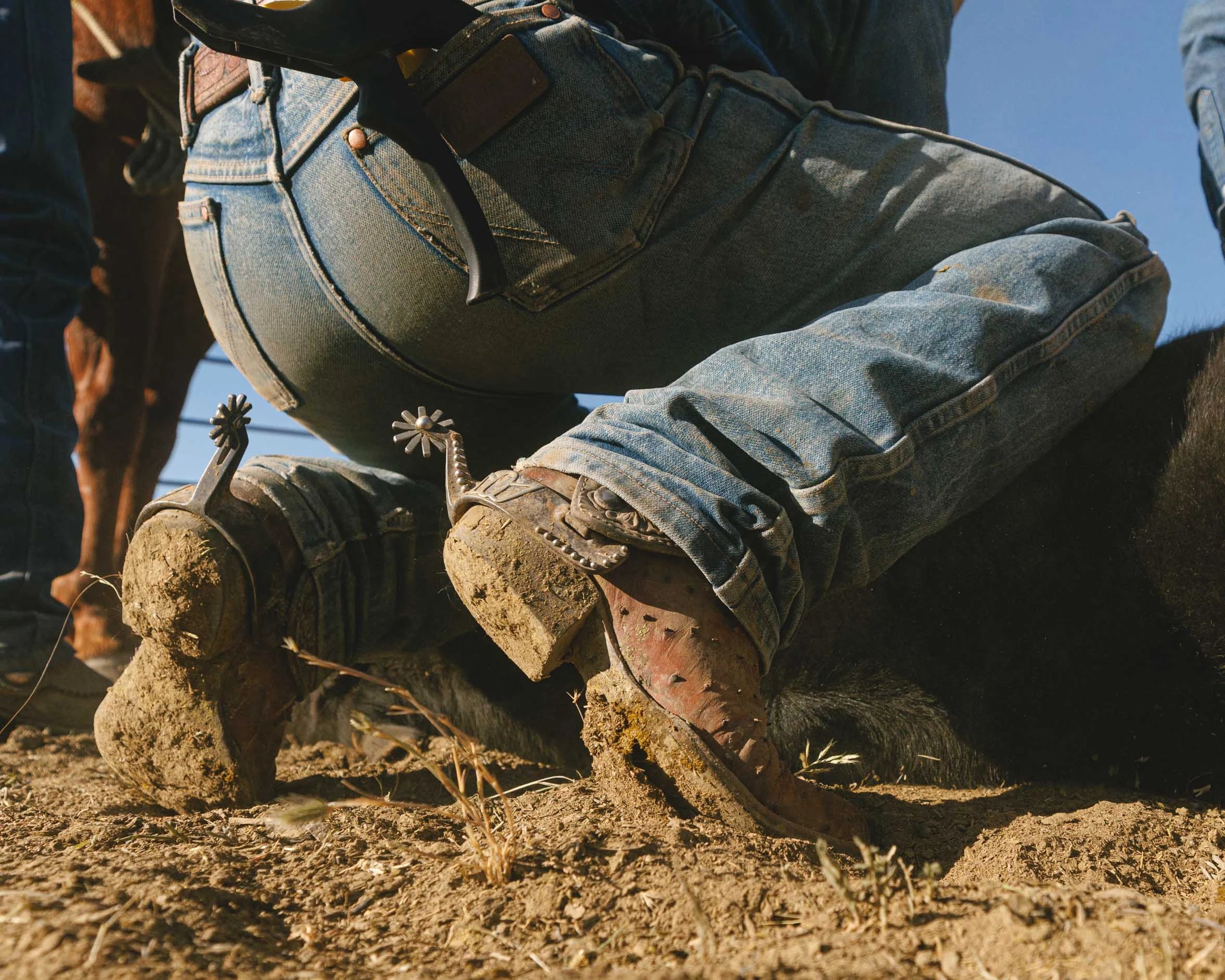
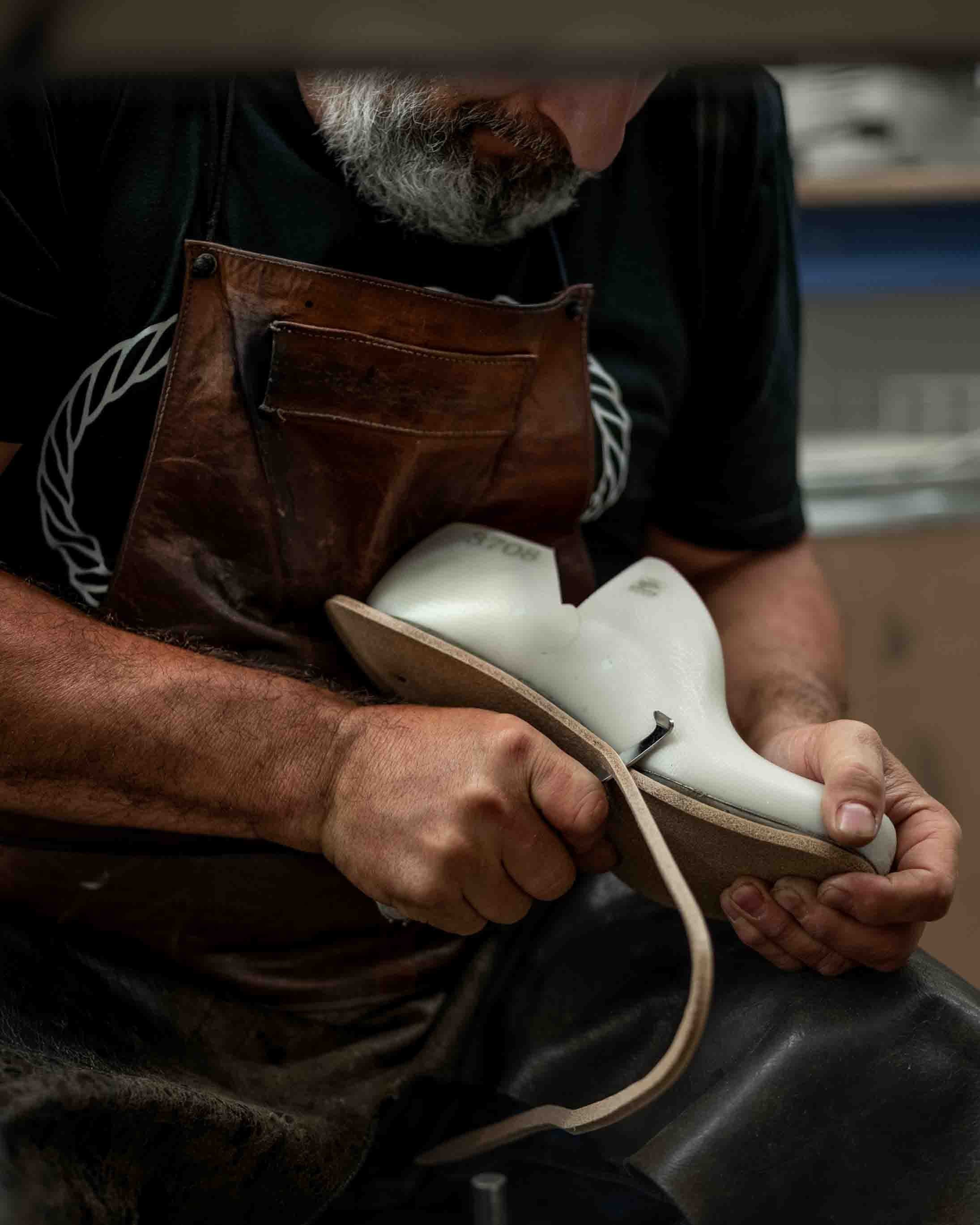
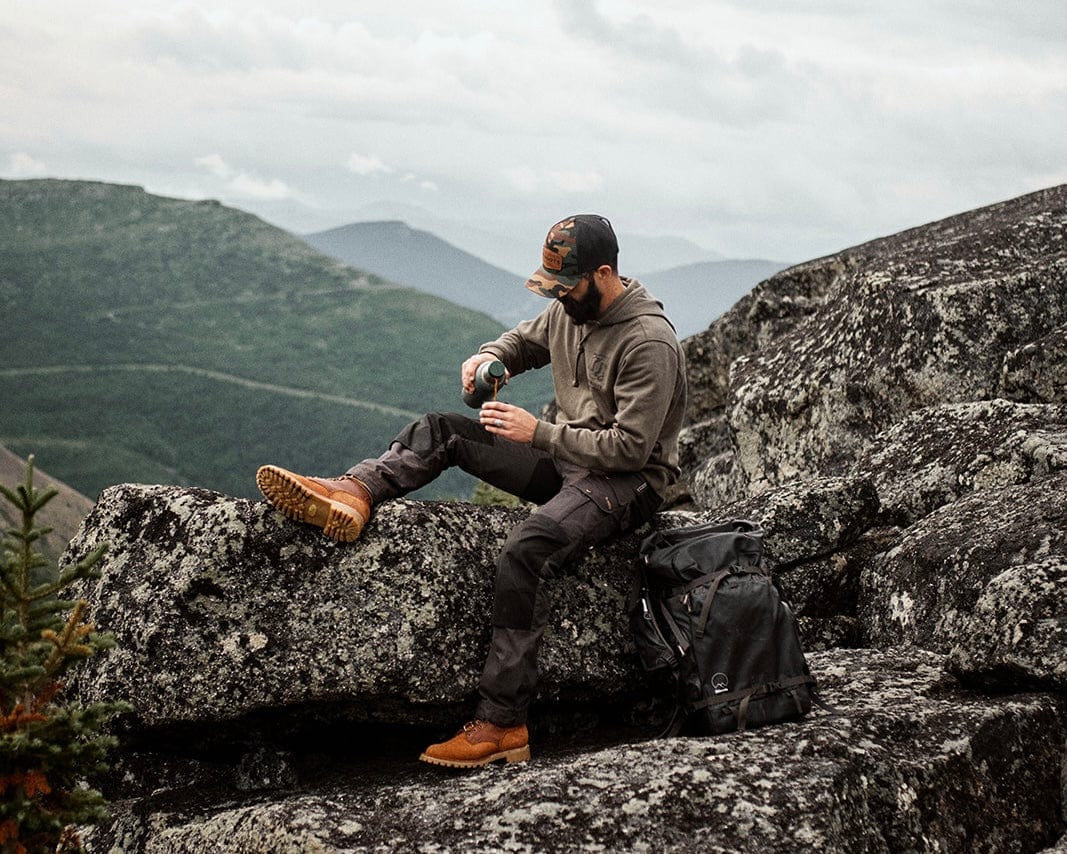
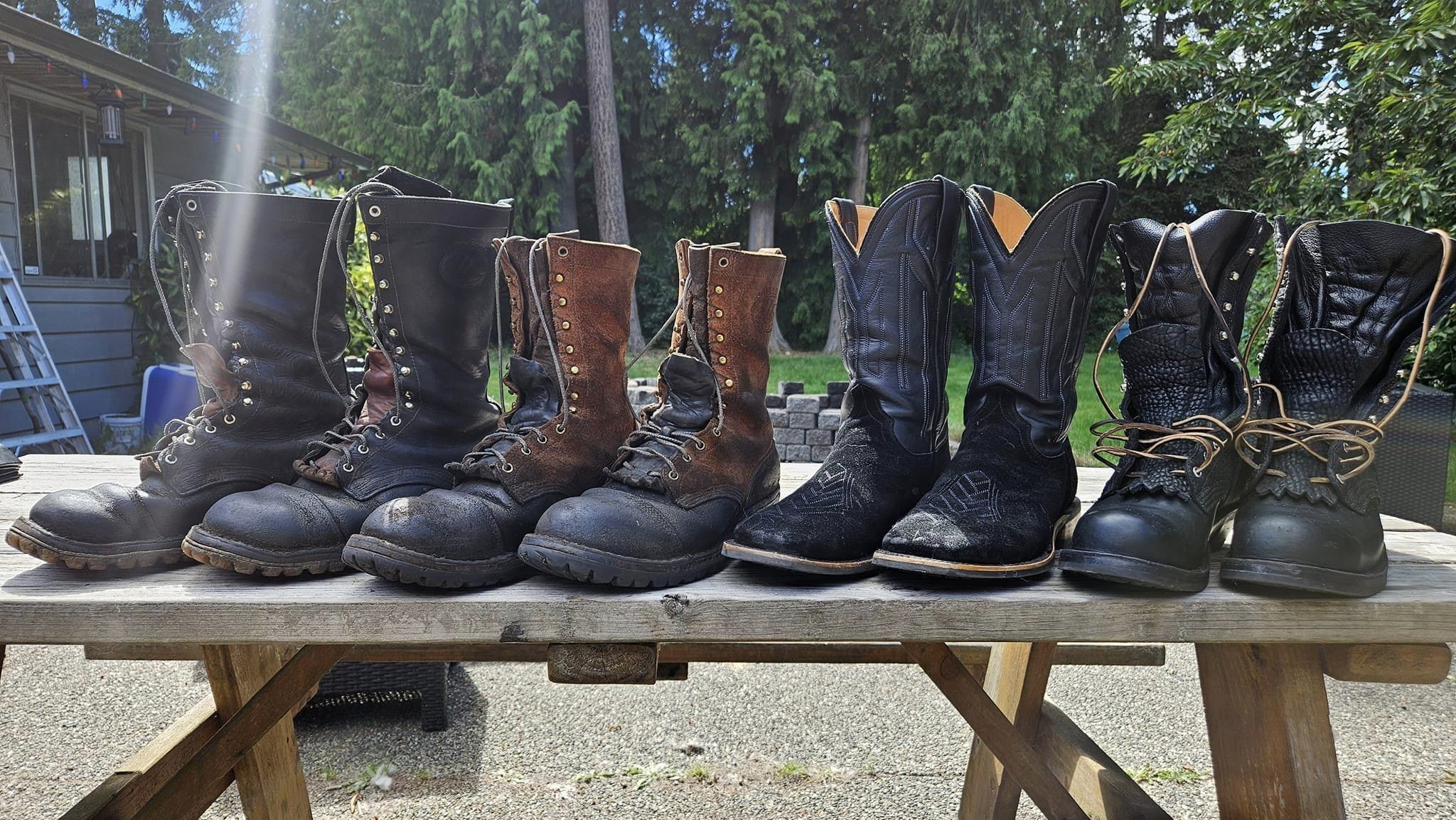
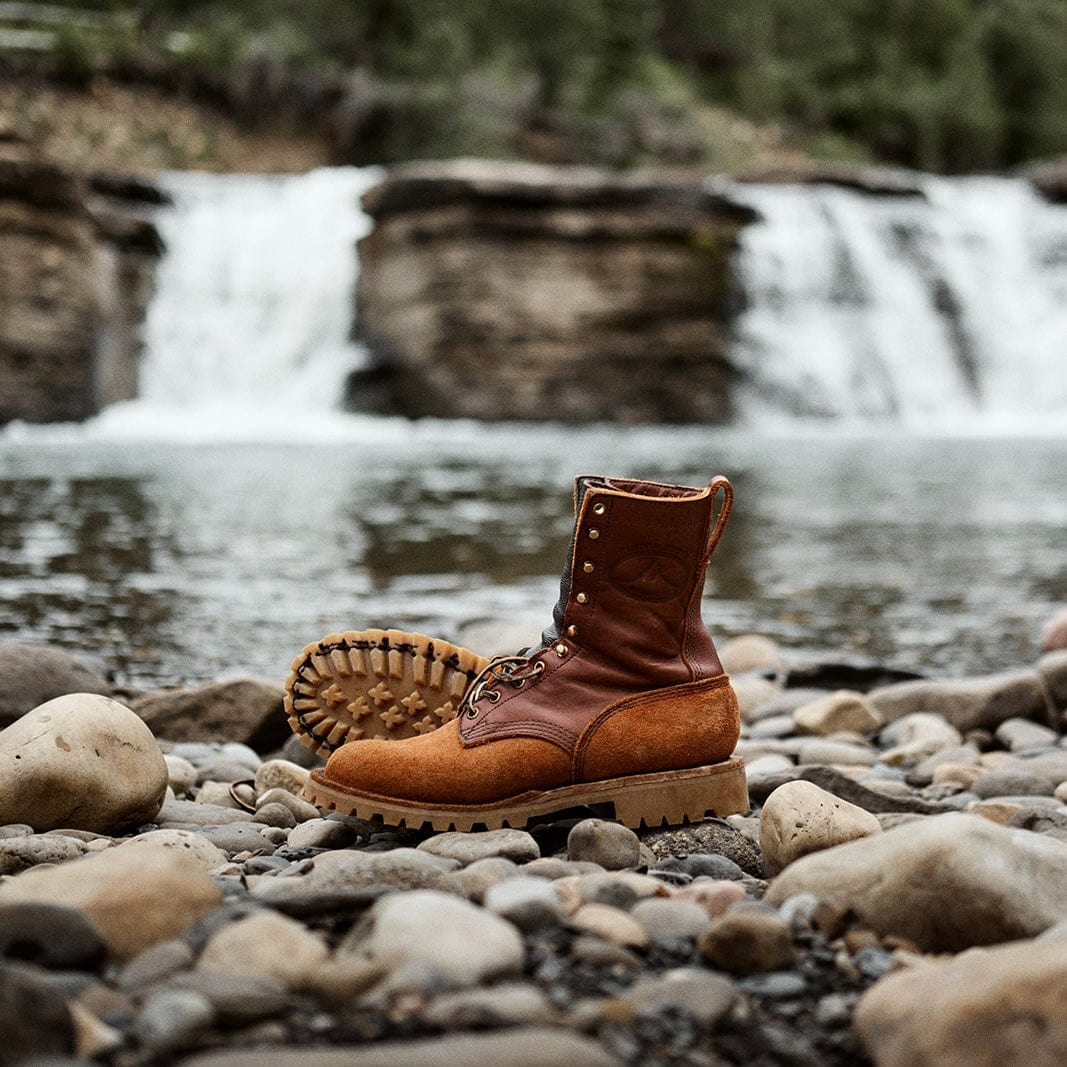

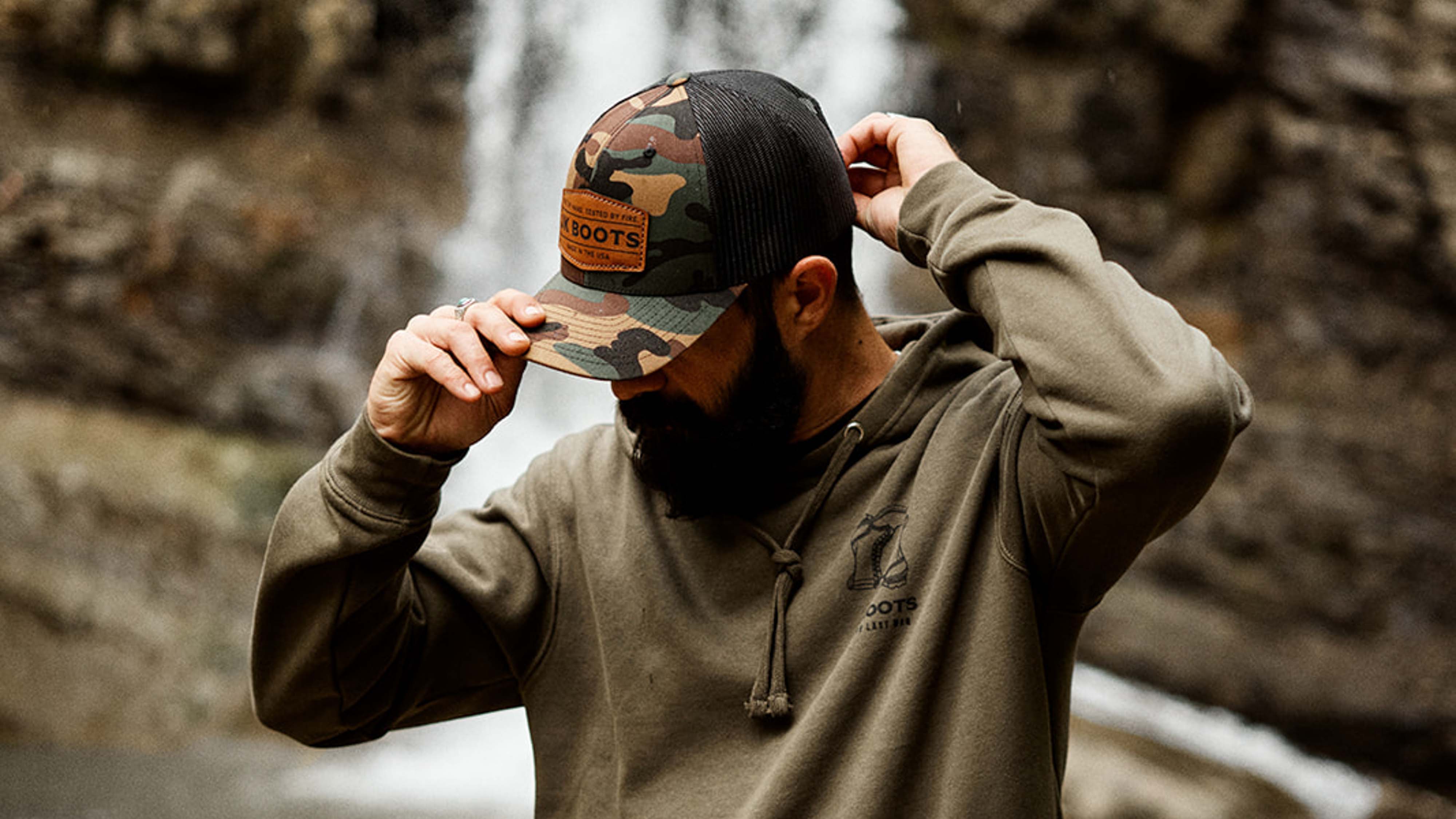
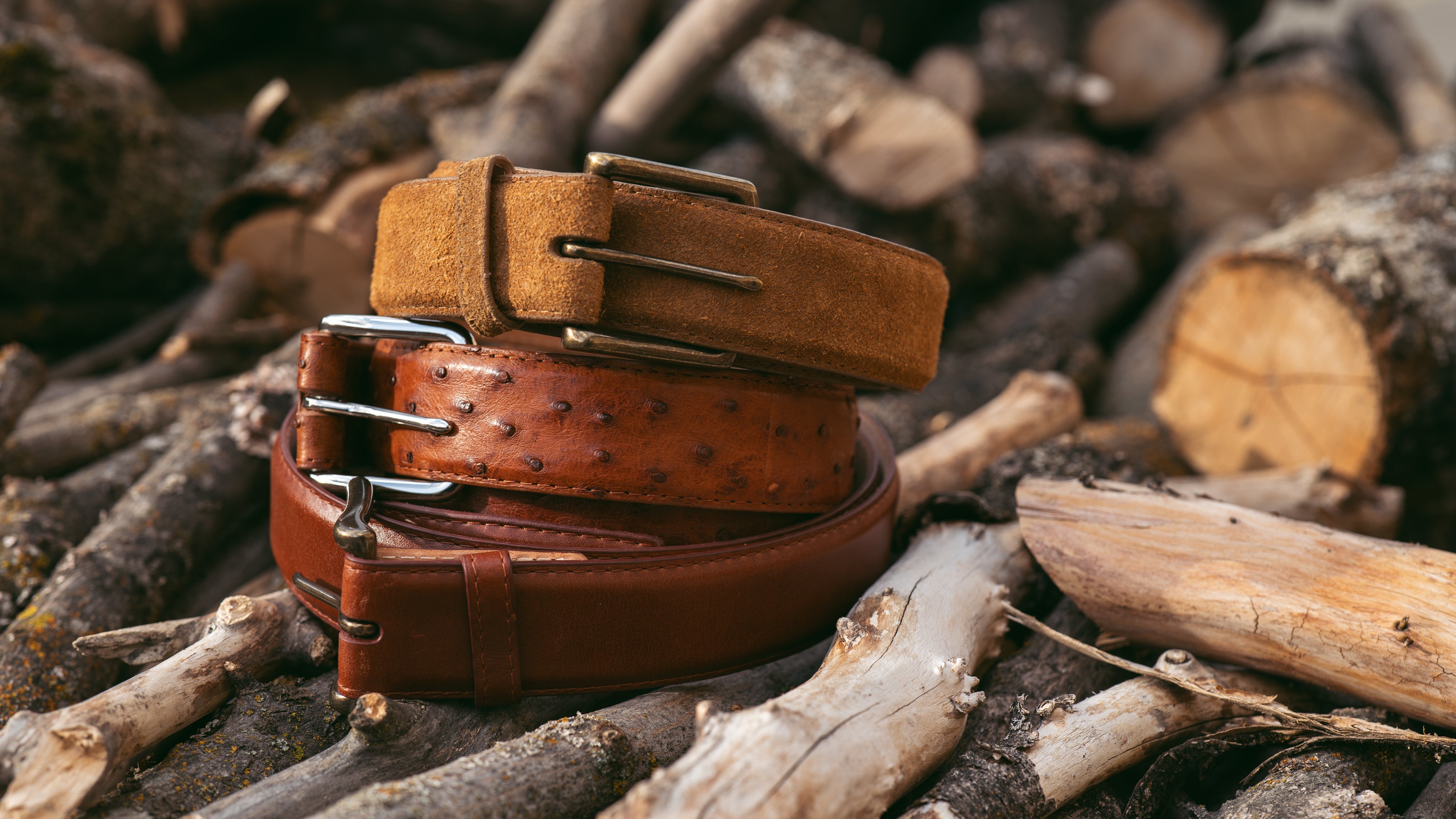
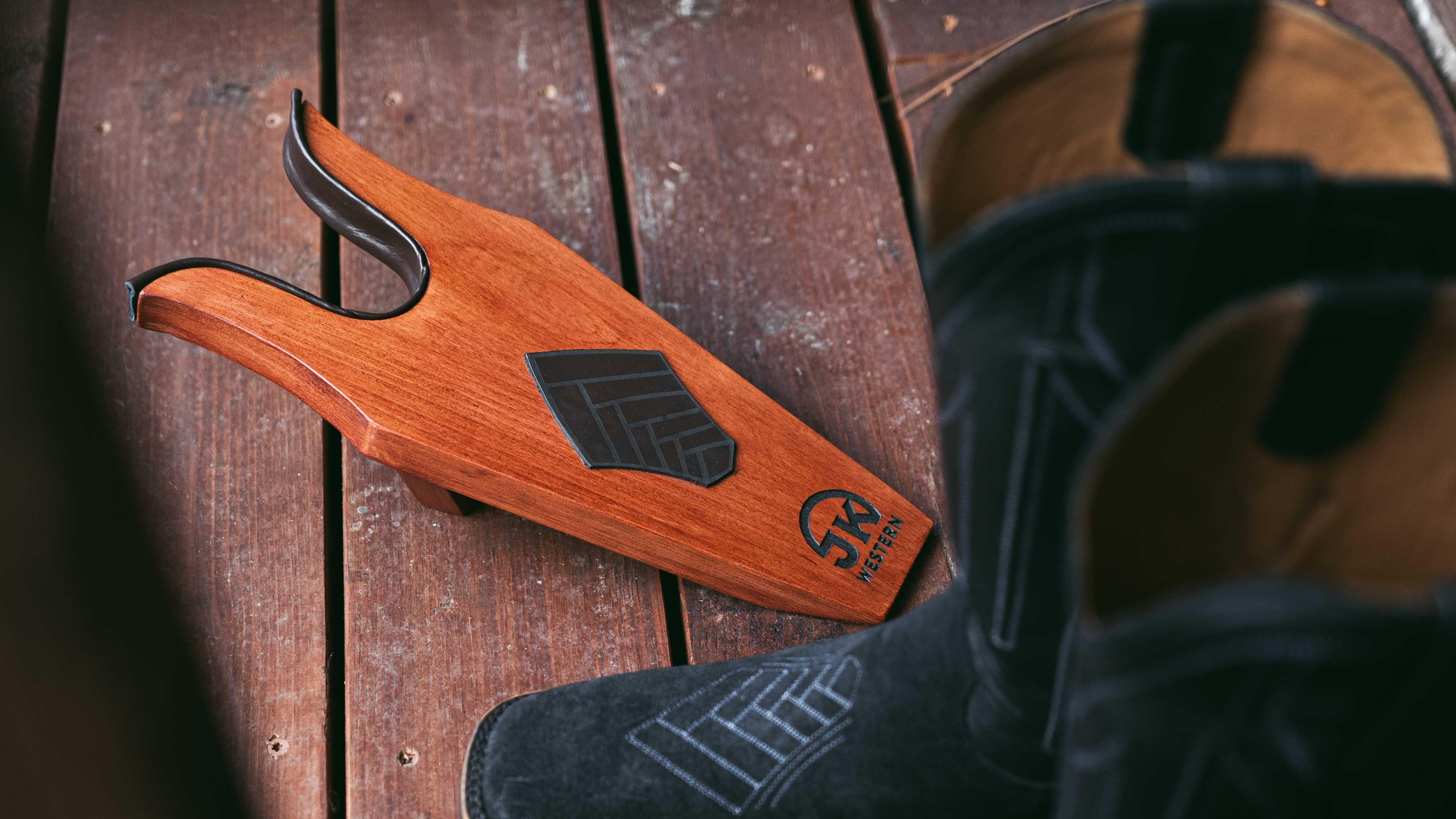
Greetings. Glad I found you. I started wearing “Goth Boots” about 3 years ago — I’m not into that “scene” much but I like the boots. The boots, mostly by Demonia, worked out well enough. So did Costume Boots that I got very cheap at a “fire sale”. I had to go over the mountains to a country western environment and went whole heartedly into Cowboy/Western boots. I have Size 12-13 type feet and found what I thought was a good size, “13s”. But within weeks I got unbearable heel pain. I did what I could but nothing worked and I had to give them away. Also, seude (sp.) with fringe, “moccasins” type, knee high, soon hurt the heels too.
Missing a good set of boots I ordered a pair of Demonia s once more. Size 13s. At first, no problem. Then, the heel pain started again. I also had some trouble getting into the boots but I haven’t necessarily gained
weight. I had to put them aside, have been told to give up on boots altogether. Im.thinking maybe “foot doctor”. I don’t want to give up on tall boots but I don’t know what to do. I went on line to fuss and started to get leads, some of which took me to you. Would you have any advice on what kind of tall “daily driver” type boot might be good to wear and available? Too few brick and mortar or mall stores around for me to check personally, and few clerks are now versed in the engineering of all this. And thank you for giving me this space to whine and whimper in. BG.
Leave a comment